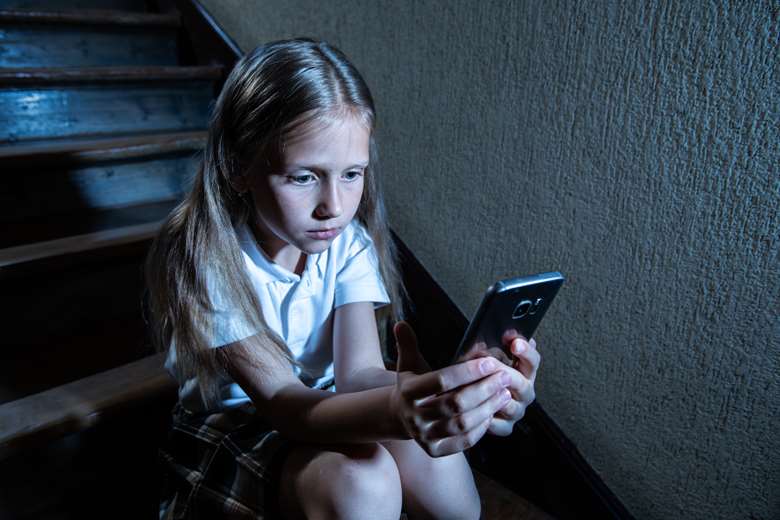Internet Safety Day: Top tips for online safeguarding during the pandemic
Ella Doyle
Thursday, January 14, 2021
As schools once again switch to remote learning due to the UK’s third national coronavirus lockdown, school leaders and staff face increased concerns over how best to safeguard pupils online.

Speaking at the CYP Now Safeguarding Children in the Digital Age 2021 conference), Sarah Gensmantel from safeguarding software company MyConcern shared five top tips for educators who are currently updating school policy to reflect remote learning:
1. Roles and Responsibilities
School safeguarding leads must make sure staff feel supported in and understand their new responsibilities to safeguard students.
Responsibilities should be clearly outlined, and any changes in policy should be addressed clearly by safeguarding leads. This means that in every school, the single central record should be updated to reflect safeguarding updates for online learning, Gensmantel said.
2. Robust dynamic policies and procedures
School safeguarding policies should be as adaptable as possible, and constantly reviewed to reflect the “new reality” for students and staff.
Gensmantel recommends pinning up flowcharts around the school to make it easy for staff to follow new guidelines.
Risk assessments must be updated and new safeguarding threats identified, existing policies such as behaviour policies and pupil welfare should also be updated to apply to online learning, she added.
School staff can follow the Department for Education’s updated guidelines and may have to take updated safeguarding training.
3. Clear communication for staff, parents, and pupils
School staff should let parents know about any websites children will need to access for schoolwork, and inform them of all staff and students they will be interacting with online for home learning.
Staff and parents should only communicate through websites that are approved by schools.
In order for communication to remain professional, school devices should be used by staff instead of personal devices wherever possible – where phones need to be used, calls should be made on withheld numbers to protect staff member’s personal details.
4. Reporting and monitoring
Schools should have a clear and accessible safeguarding system for staff to update, to ensure no children fall off the statutory radar.
Communication must be upheld with all external agencies, such as therapists and social workers. When emailing multiple parents, staff are advised to hide the contact details of other parents to avoid sharing information.
5. Setting achievable and realistic goals
In uncertain times it is important to make sure staff, parents, carers and pupils do not feel overwhelmed, Gensmatel said.
When risk assessing the most vulnerable students, wellbeing must be taken into account to avoid increasing pressure on children.
Anyone who works with children and has a safeguarding concern regarding remote learning or online safety can contact the Professionals Online Safety Helpline for support and advice here.
MyConcern is a safeguarding software available for use on a laptop, tablet or phone. More information can be found here.




